Dear St. Alexander Sauli, Faithful servant of God, Intercede for us with your deep wisdom and compassion. Help us grow in holiness, live with humility, and serve God’s people with love and dedication. Guide us in our trials and inspire us to follow Christ with courage and devotion, that we may one day share in the joy of eternal life. Amen.
ST. ALEXANDER SAULI
ST. ALEXANDER SAULI
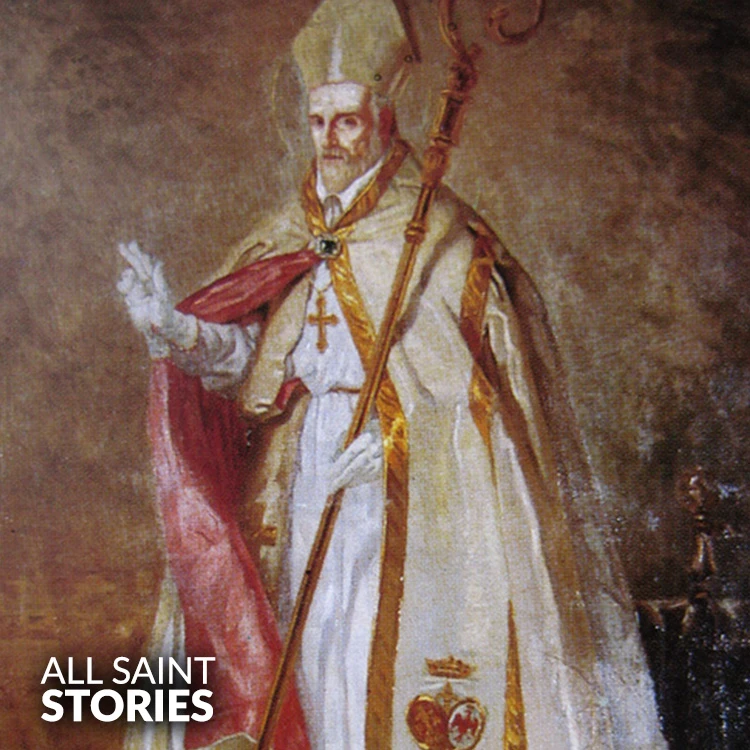
St. Alexander Sauli was a 16th-century bishop and member of the Barnabite Order, known for his missionary work in Corsica and reforms in religious education. Revered for his humility, scholarship, and pastoral zeal, he is called the “Apostle of Corsica.”
Saint Alexander Sauli was born on February 15, 1534, into a noble Genoese family in Milan, Italy. From a young age, he displayed exceptional intelligence, humility, and a deep devotion to his faith. He entered the Congregation of the Clerics Regular of St. Paul, also known as the Barnabites, a newly founded religious order focused on renewal of the clergy and teaching the faithful through preaching and education.
After making his profession, Alexander quickly distinguished himself as a scholar and teacher. He earned a doctorate in theology and began teaching philosophy and theology to young clerics. In 1567, at just 33 years old, he was elected Superior General of the Barnabites. His leadership marked a time of consolidation and expansion for the order, with a strong emphasis on discipline, education, and pastoral outreach.
In 1570, Pope Pius V appointed him Bishop of Aleria on the island of Corsica, a place spiritually and materially impoverished after years of neglect and conflict. Despite the danger and hardship, Alexander accepted the position and poured his heart into the restoration of the Church there. He rebuilt churches, revitalized the clergy, encouraged religious life, and rekindled faith among the people. His missionary zeal, patience, and pastoral care earned him the title “Apostle of Corsica.”
He became known for his simplicity and holiness, walking on foot from village to village, offering sacraments, preaching, and bringing hope to even the most remote parts of the island. His presence helped end feuds, inspire vocations, and uplift the Corsican faithful who had long been without shepherding.
After 20 years of work in Corsica, Alexander was transferred to Pavia, in northern Italy, as bishop. Even there, his fame as a preacher and spiritual leader continued to grow. He emphasized catechesis, improved seminarian education, and worked with the poor. His episcopacy was marked by humility and care, with a continued focus on spiritual and intellectual reform.
Alexander Sauli died on October 11, 1592, while on pastoral visitation in Calosso, Italy. His body was brought back and later enshrined in the cathedral of Pavia. Over time, numerous miracles were attributed to his intercession, and devotion to him grew among both Barnabites and Corsican faithful.
He was beatified by Pope Benedict XIV in 1741, and later canonized by Pope Pius X on December 11, 1904. His feast day is celebrated on October 11.
St. Alexander Sauli remains a powerful example of episcopal service, humility in leadership, and devotion to the pastoral needs of neglected regions. His legacy continues through the Barnabites and those inspired by his tireless evangelizing spirit.
Video Not Found
The information on this website is compiled from various trusted sources. While we aim for accuracy, some details may be incomplete or contain discrepancies.
If you notice any errors or have additional information about this saint, please use the form on the left to share your suggestions. Your input helps us improve and maintain reliable content for everyone.
All submissions are reviewed carefully, and your personal details will remain confidential. Thank you for contributing to the accuracy and value of this resource.
Credits & Acknowledgments
- Anudina Visudhar (Malayalam) – Life of Saints for Everyday
by Msgr. Thomas Moothedan, M.A., D.D. - Saint Companions for Each Day
by A. J. M. Mausolfe & J. K. Mausolfe - US Catholic (Faith in Real Life) – Informational articles
- Wikipedia – General reference content and images
- Anastpaul.com – Saint images and reflections
- Pravachaka Sabdam (Malayalam) – Saint-related content and insights
We sincerely thank these authors and platforms for their valuable contributions. If we have unintentionally missed any attribution, please notify us, and we will make the correction promptly.
If you have any suggestion about ST. ALEXANDER SAULI
Your suggestion will help improve the information about this saint. Your details will not be disclosed anywhere.
© 2026 Copyright @ www.allsaintstories.com

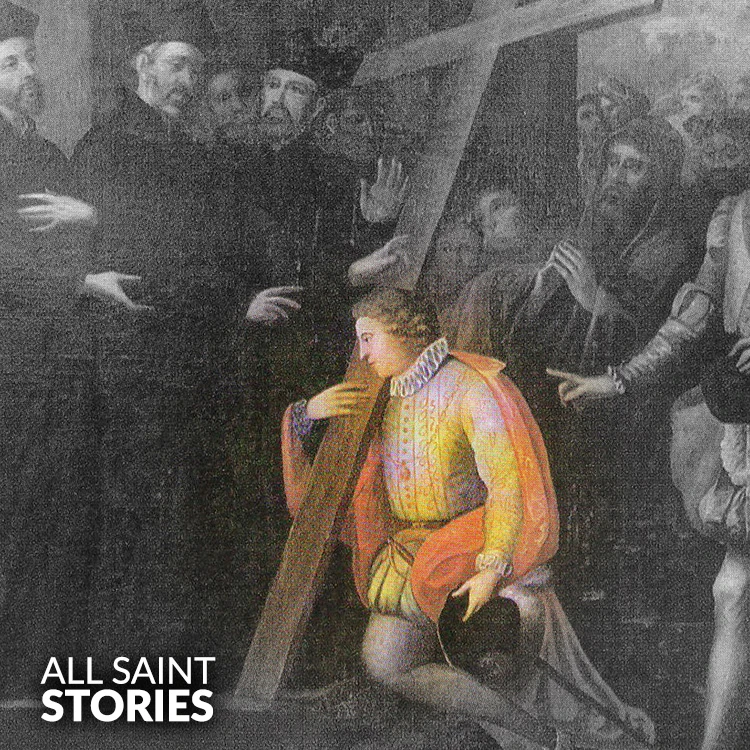
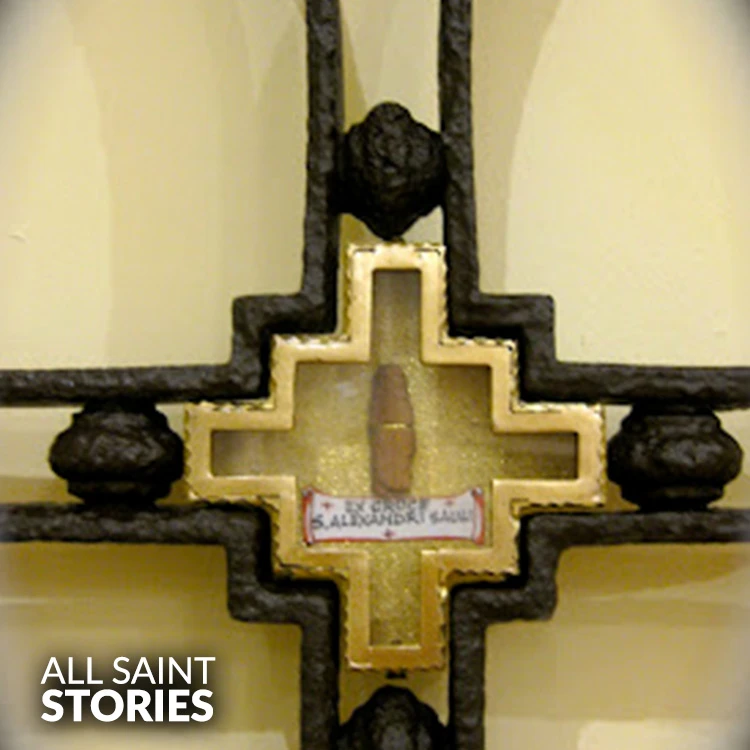
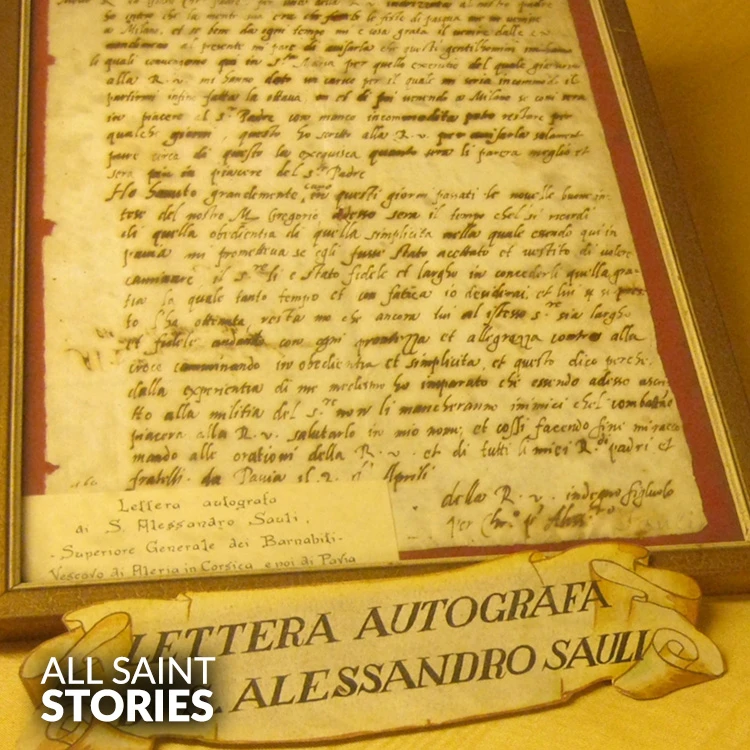
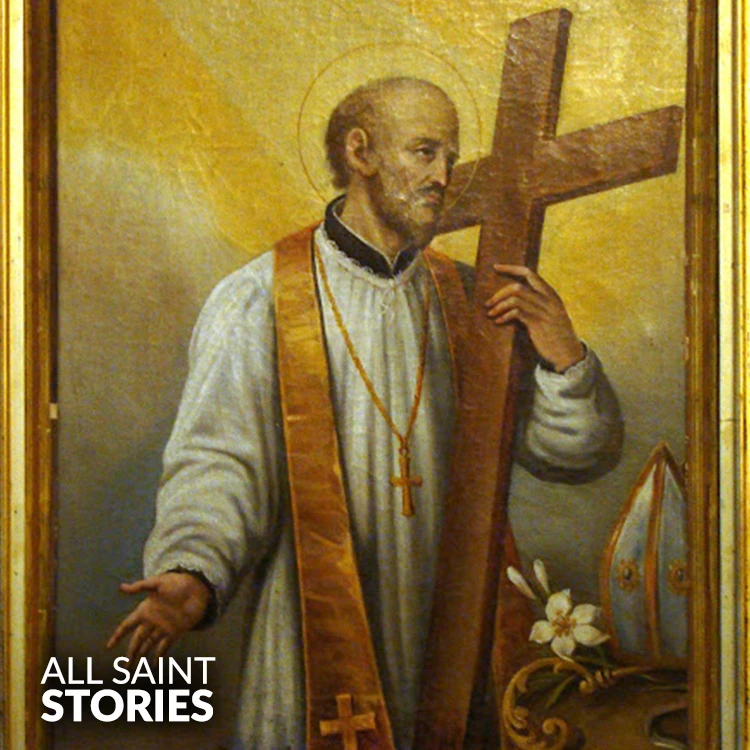

 English
English
 Italian
Italian
 French
French
 Spanish
Spanish
 Malayalam
Malayalam
 Russian
Russian
 Korean
Korean
 Sinhala
Sinhala
 Japanese
Japanese
 Arabic
Arabic
 Portuguese
Portuguese
 Bantu
Bantu
 Greek
Greek
 German
German
 Dutch
Dutch
 Filipino
Filipino